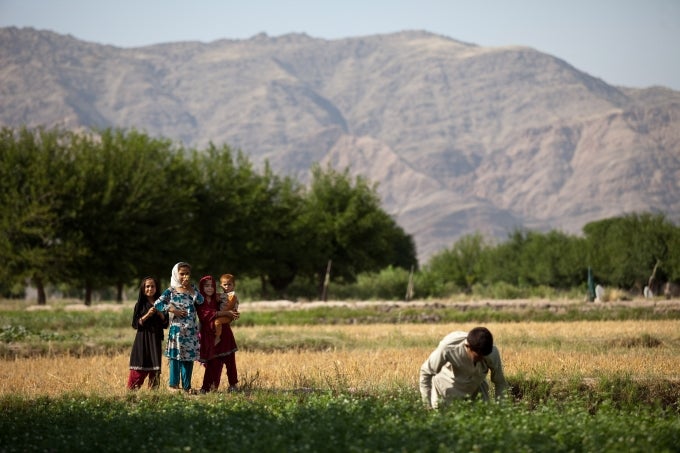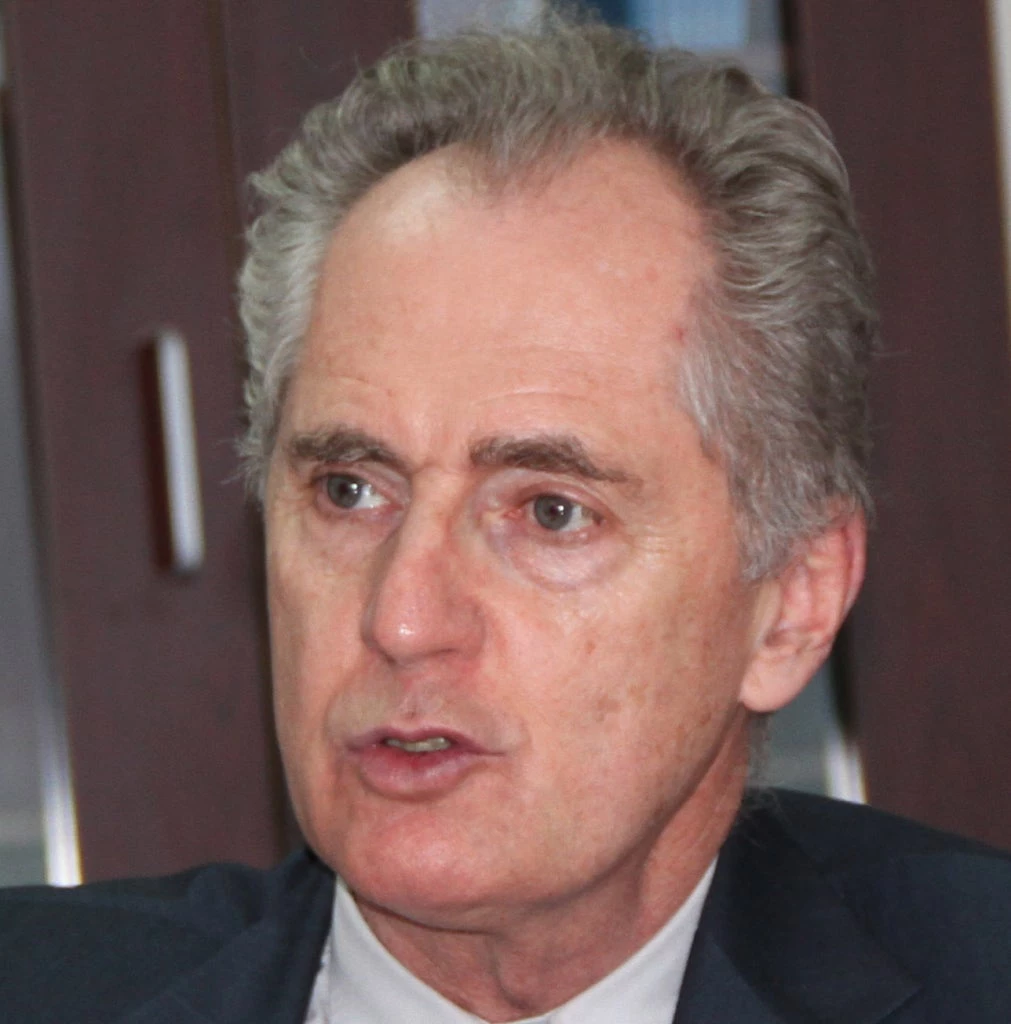
One of the many successful fiscal initiatives implemented in Afghanistan was the HIPC, the Highly Indebted Poor Country program, a joint IMF–World Bank effort to reduce the public debt of poor countries. We called this the forgiveness of debt.
At an early stage in this work I had to meet with a senior Afghan government official to explain the program. The official, the Deputy Auditor General, was a dedicated, serious man who had trained in the former Soviet Union as an engineer and did not speak English, so we relied on an interpreter.
In those days any Afghan who spoke some English could find work as an interpreter, and ours was a medical doctor. He told me he was anxious to find work in his own field but in the meantime was willing to work anywhere, even interpreting in this arcane field of auditing, although he was unfamiliar with the jargon. The conversation was not to be long; just outline that the external public debt, which was mostly Russian debt from the communist era, would be absorbed by a trust fund and hence “forgiven” if Afghanistan met the program requirements – basically good fiscal transparency and discipline.
It was so straight forward, it seemed to me, that we did not need a pre-meeting briefing with our interpreter so we went right in to see the Deputy and got underway. I started by saying it was good news that the World Bank was going to help with the forgiveness of Afghanistan’s debt. The Deputy, hearing the Persian (Dari) version nodded, but I knew from his expression of slight consternation that this was more in politeness than in agreement. Then I said that most of the debt was Russian, and so we specially have to forgive the Russian debt. Now the Deputy’s consternation turned to bewilderment, even amusement. He looked at me, longing to ask me directly it seemed, why the World Bank had come to see him about the forgiveness of Russian debt. I am honored, he seemed to say, but why?
Our interpreter was less enthusiastic that day and more disengaged than usual, so he was not picking up on any of this subliminal communication - the baffled Deputy, and me, alarmed at his reaction. A common practice by interpreters at that time was for them to listen to long explanations and then give their own version; it seemed to them too tedious to translate short sentences one at a time. It was not uncommon for things to get lost in translation, or even altered and inverted in the process. At this point I had been studying Dari for a while but had, and still have, only the most rudimentary knowledge. But I did know the words for things like forgiveness, the World Bank and debt, though. I had tried to follow his Dari and did manage to hear: bakhshidan – forgiveness; bankejane - World Bank. All this had lulled me into some comfort before I detected the Deputy’s discomfort. So now my mind was racing, it was rerunning the tape of the little that I had picked up; ok, what is missing, what was added? Why had he not said ‘qarz’ – debt - I wondered? Why was he saying this other thing – faot shoda?
The one and only Dari language radio program that I could make head or tails of was the obituaries; I listened to them daily during breakfast. The vocabulary was simple and the message clear - so and so died and he left these survivors. It was instructive for me because invariably the program gave the names of the many government offices where the survivors worked.It should never happen in an office setting and certainly not in a meeting with the Deputy Auditor General, but my body suddenly took command of my senses. In an explosion of emotion I jumped to my feet, raised my voice and shouted faot no, foat no – this is qarz, qarz!
Although my sub-conscious mind had figured it out seconds ago, my conscious mind had only just caught up - the name of the morning radio program was elanee faotee – the announcement of deaths. Our interpreter was telling the Deputy that the World Bank had come to help the Auditor General forgive the Russian dead; a small difference with the Russian debt phonetically, I will admit.
The relief of the Deputy was palpable. He howled in laughter, forgave my bad manners, and the World Bank went on to forgive Afghanistan’s public debt.


Join the Conversation